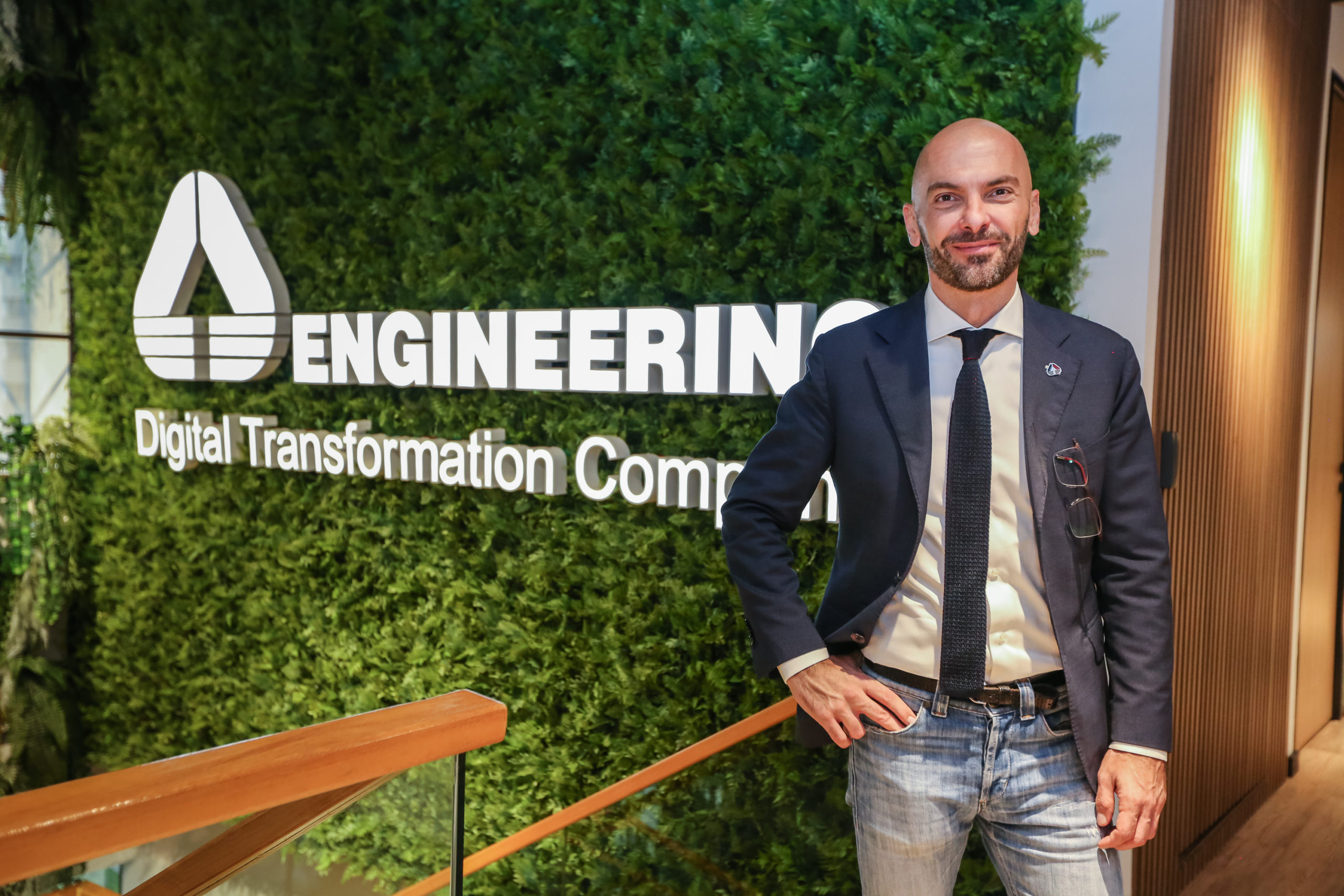 *By Filippo Di Cesare
*By Filippo Di Cesare
Companies that are not digital natives, and therefore most of them, need to face their transformations by going beyond the disruption promoted by the technologies themselves. The main attribute of this change is to reflect on the value proposition delivered to the end customer and on the value of its network, that is, the ecosystem of partners and actors that participate in this delivery.
If before the strategy was to build a business model considering the long term, now the focus is on continuous change, always seeking to evolve according to the needs of the consumer. And the key to the success of a business is the ability to be able to interpret these changes, making them a natural and cultural process of the company, always supported by leadership.
Technological innovations are the engine that allow new business models and new value propositions to materialize in the market. There is no exact recipe, but it is necessary to consider that the adoption of technologies is part of the cultural agenda and of the stakeholders, who are responsible for consolidating the company's business strategies.
For this, there are some technologies that are not just technical issues, but that join the company's way of thinking and reason for being, strengthening the teams and the business culture. In this sense, we can speak of thinking forged with technology and not just technicalities. An example is API First and AI First, which are seen as a way of thinking and not just technical issues.
Based on the Applied Programming Interface (API), API First brings companies the natural ability to be open to innovation, that is, it is a way to enjoy and share third-party resources. In addition, this is the impetus given to the company to thrive and enjoy new digital business ecosystems, which brings a rich user experience and greater flexibility to innovatively monetize the organization's assets.
AI First, which has Artificial Intelligence at the heart of the strategy, puts data into action so that decisions are made based on the information generated. In more traditional sectors, it is estimated that 95% of available data is not used in business, while the most successful companies are those that manage to use data both to evolve their value proposition and to improve the customer experience, generating, thus competitive advantage.
Each company lives a specific moment and has its peculiarities to advance in its digital journey. Finding the right path is not easy, there are methodologies and this is not a technical discussion, it is a cultural issue that must be discussed within the scope of the business, that is, top management must be involved in this path.
In this sense, the tip is to think about the strategy, create an organization aligned with this, generate competences and set out to operationalize uniting aligned experience and culture, remembering that an API mindset promotes the construction of an awareness of continuous evolution and a natural openness to innovation through external contributions, generating the offer of products to the market that can generate new possibilities of use.
And, hand in hand with it, Artificial Intelligence – coming as a premise of the company's way of acting, makes the data more effective in relation to the offer and the possibility of evolution of the value proposition. In the end, all this change creates possibilities to reconfigure and innovate the value chain, thus emerging new business models.
*Filippo Di Cesare is CEO Latam (Brazil and Argentina) of Engineering, a global Information Technology and Consulting company specialized in Digital Transformation.














